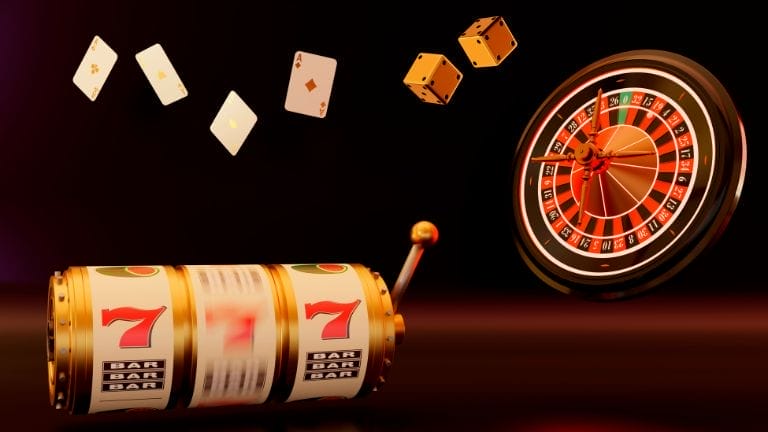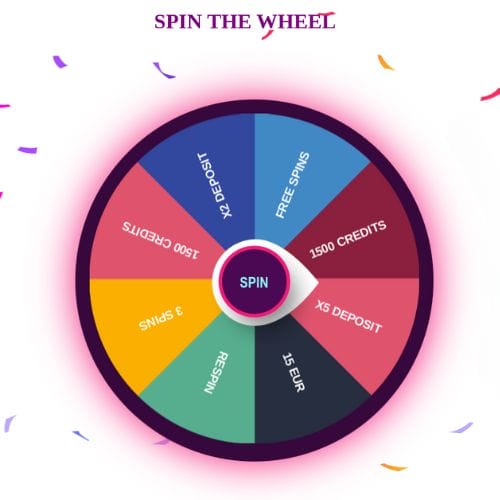Alright, so you’re gonna gamble anyway – might as well squeeze every bit of value out of it, right? Thing is, most people have no clue how these casino reward programs actually work. They just sign up, play their usual games, and wonder why they’re not getting much back.
I’ve been watching this stuff for years, and honestly? The casinos are pretty clever about how they structure these programs. But that doesn’t mean you can’t work the system a bit if you know what you’re doing.
Just don’t get it twisted – we’re not talking about some get-rich-quick scheme here. The house edge is still there, rewards or no rewards. This is about getting better value from money you were planning to lose anyway.
Let’s Talk Reality for a Second
Before we get into the good stuff, here’s something that might surprise you. According to the Ministry of Health, roughly one in five New Zealanders will experience some kind of gambling harm during their lifetime. That’s not a small number.
Look, I’m not here to lecture you about gambling being bad. Adults can make their own choices. But if you’re chasing casino rewards because you think it’s a way to make money? You’re setting yourself up for trouble.
Set your limits first. Decide what you can afford to lose (and yeah, assume you’ll lose it). Everything else – the points, the cashback, the free drinks – that’s just gravy on top.
How These Programs Really Work (The Stuff They Don’t Tell You)
Most casino loyalty programs are pretty straightforward once you understand the basics. You wager money, you earn points. Simple enough. But here’s where it gets interesting – different games give you different point rates.
Slots? Usually the best for earning points because they’ve got higher house edges. Makes sense from the casino’s perspective. Blackjack or poker? You might only get half the points because your odds are better.
The conversion rates are where things get tricky. Some places do 100 points = $1 cashback. Others might need 300 or 500 points for that same dollar. Do the math before you commit to anything.
Here’s what really annoys me though – they’ll advertise “up to 2% cashback!” but that top rate is usually only for their VIP players who’ve already wagered tens of thousands. For regular players? You’re probably looking at 0.5% if you’re lucky.
Finding Programs That Don’t Suck
When you’re looking around at different options, ignore the flashy welcome bonuses for a minute. Yeah, 200 free spins sounds great, but what happens after week one?
The best casino online platforms usually have tiered systems – Bronze, Silver, Gold, whatever they want to call them. Each level gets better perks and conversion rates. But here’s the kicker: reaching those higher tiers often means wagering stupid amounts of money.
I’ve seen Gold tier requirements that need $10,000+ in total wagers. That’s fine if you’re planning to spend that much over months anyway, but don’t chase status just because it sounds fancy.
What’s Actually Worth Your Time
Cashback on Losses: This is probably your best bet because it’s the most straightforward. Some casinos offer 5-20% back on your weekly losses (depending on your tier). If you’re gonna lose the money anyway, getting some back beats getting nothing.
Free Spins (With Major Caveats): Free spins can be decent, but man, the fine print on these things is brutal. Most come with wagering requirements – you might need to bet your winnings 20-40 times before you can actually withdraw anything. Still, if you were planning to play those slots anyway…
Real-World Comps: Some programs let you trade points for meals, hotel stays, that kind of thing. These can actually offer good value if you’d use the services anyway. Trading 5,000 points for a $50 restaurant voucher? Not terrible if the math works out.
Strategies That Actually Make Sense
Pick One Place and Stick With It: This might seem obvious, but I see people spreading their gambling across five different casinos. You’ll never reach the good tiers anywhere doing that. Find one place with decent rewards and decent games, then concentrate your activity there.
Time It Right: Most casinos run special promotions – double points weekends, extra cashback days, whatever. If you’re planning to play anyway, timing it around these can boost your returns significantly.
Use Smart Payment Methods: Here’s something most people don’t think about – how you fund your account matters. Consider using prepaid options like PaySafe cards. They add security and help you stick to your limits. Sites like WOW Freebies actually list ways to get PaySafe vouchers through competitions and legitimate offers, which is pretty handy if you’re gonna use them anyway.
Track Everything (Seriously): Keep a simple spreadsheet. Deposits, losses, points earned, rewards redeemed. Takes five minutes a week but shows you whether these programs are actually worth your time. Plus it’s useful for tax stuff if you hit any big wins.
Red Flags to Watch For
Some programs are just predatory. Here’s what to avoid:
- Any program that requires you to gamble a certain amount within a tight timeframe just to “qualify” for rewards you should have earned already. That’s manipulation, not rewards.
- Casinos that make it unnecessarily hard to redeem points or withdraw cashback. If you need to contact support three times and provide your firstborn’s birth certificate to access your own rewards, find somewhere else.
- Programs that constantly push you to gamble more than planned just to reach the next tier. That’s not smart gambling – that’s how people end up in serious financial trouble.
The Real Deal on Maximizing Value
When you look at what the best online casinos NZ players actually recommend (not just the ones with the biggest advertising budgets), they’re usually places that offer solid rewards without being pushy about it.
The smart approach? Treat rewards as a small discount on your entertainment budget. If you’re gambling $100 a month for fun and getting $5-10 back, that’s reasonable. You’re not gonna get rich, but you’re getting slightly better value.
But if you’re trying to use rewards programs to make money from gambling? That’s backwards thinking, and it’s probably gonna cost you more than you bargain for.
Staying on the Right Side of Things
New Zealand’s gambling laws exist for good reasons. Any legitimate casino serving Kiwi players should offer proper responsible gambling tools – deposit limits, session timers, self-exclusion options, the works.
If a casino’s rewards program sounds too good to be true (guaranteed profits, risk-free gambling, whatever), it probably is. Stick with established places that operate transparently.
Bottom line: you’re not gonna beat the system. The goal is getting slightly better value from money you’re comfortable losing while having some fun. Keep that perspective, and these programs can add a little bonus to your entertainment without causing stress or financial problems.
The house edge doesn’t magically disappear because you’re earning loyalty points. Gamble smart, stick to your limits, and treat rewards as a nice extra – not as guaranteed income.





